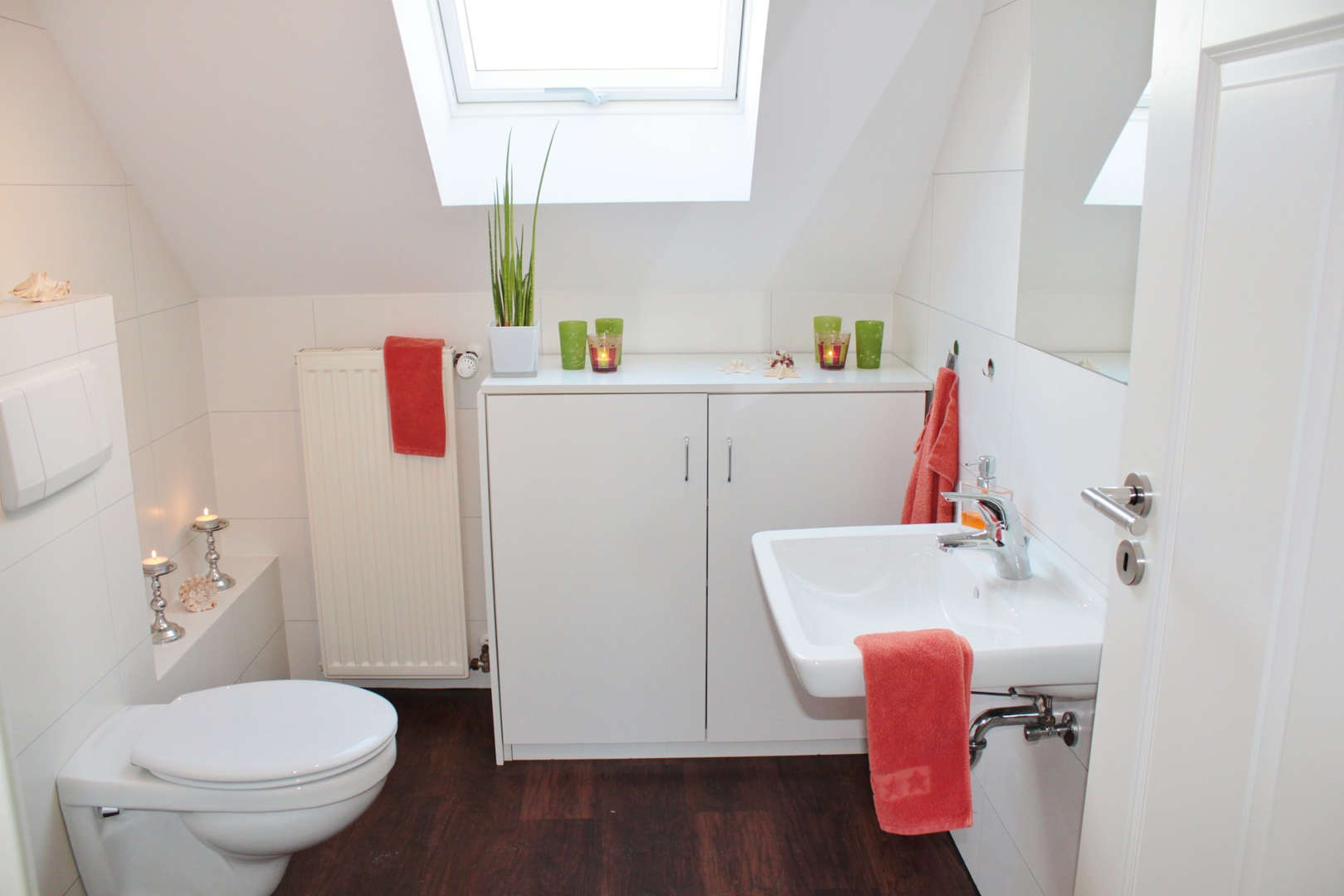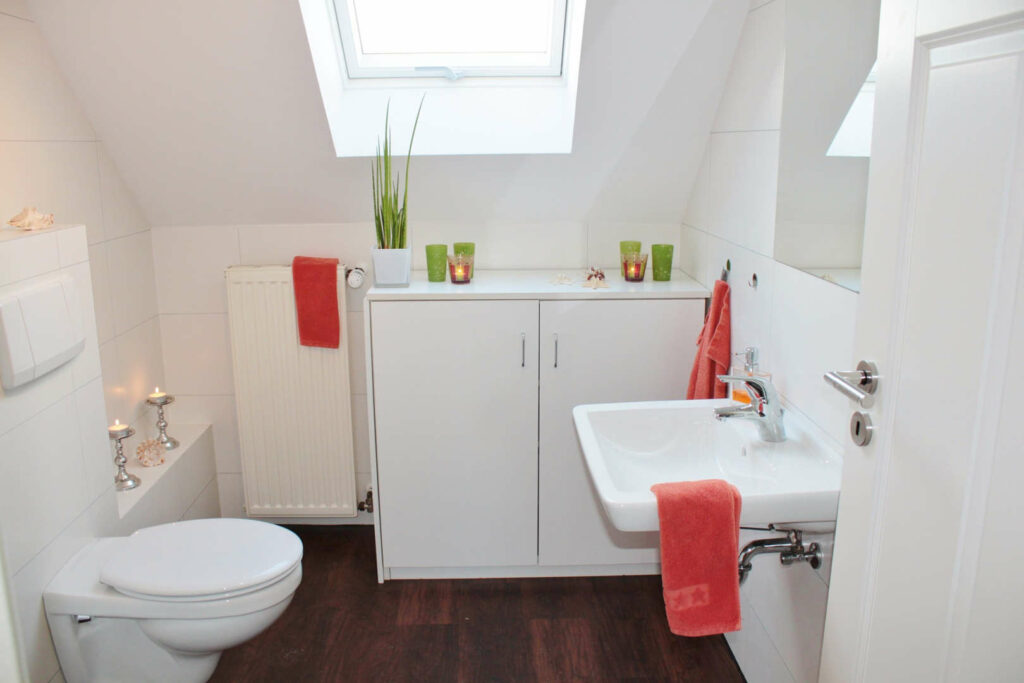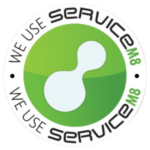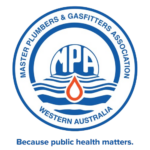

Flushing the wrong items down the toilet can lead to serious plumbing issues, costly repairs, and environmental damage. While it may seem convenient to dispose of certain materials this way, many do not break down properly and can clog pipes, damage septic systems, and even pollute waterways.
To help you protect your plumbing, here are ten things you should never flush down the toilet.
1. Baby Wipes (Even Flushable Ones)
Many people assume that baby wipes labeled as “flushable” are safe for toilets, but they do not disintegrate like toilet paper. These wipes are made from strong fibers that can clog pipes and cause sewer backups over time.
Better Alternative: Dispose of baby wipes in a trash bin instead of flushing them.
2. Paper Towels and Tissues
Unlike toilet paper, which is designed to break down quickly in water, paper towels and tissues are thicker and more absorbent. They do not dissolve easily and can create blockages in your plumbing system.
Better Alternative: Throw used paper towels and tissues into the trash.
3. Cotton Swabs and Cotton Balls
Cotton products do not break down in water. Instead, they absorb moisture and expand, leading to clogs in your pipes. Cotton can also get tangled with other debris, forming large blockages that are difficult to remove.
Better Alternative: Dispose of cotton swabs and balls in a trash bin.
4. Feminine Hygiene Products
Tampons, pads, and other feminine hygiene products are designed to absorb liquid and expand. This makes them particularly dangerous to flush, as they can easily block pipes and cause plumbing problems.
Better Alternative: Wrap used feminine hygiene products in toilet paper and dispose of them in a sanitary bin.
5. Hair and Dental Floss
Hair and dental floss do not break down in water. Instead, they can form tangled clumps that trap other debris, leading to pipe blockages. Over time, these tangles can create stubborn clogs that require professional removal.
Better Alternative: Throw hair and floss into the trash instead of flushing them.
6. Cooking Grease, Fat, and Oil
When grease and oil are hot, they appear to be liquid, but once they cool, they harden and stick to pipes. Over time, this buildup can create blockages that prevent water from flowing through your plumbing system.
Better Alternative: Allow grease and oil to cool, then scrape them into a disposable container and throw them in the trash.
7. Medications and Pills
Flushing expired or unused medications may seem like a safe disposal method, but it can contaminate the water supply. Wastewater treatment plants are not designed to filter out pharmaceutical chemicals, which can harm aquatic life and ecosystems.
Better Alternative: Take expired or unused medications to a local pharmacy or medication disposal program.
8. Cigarette Butts
Cigarette butts contain toxic chemicals, and they do not break down in water. When flushed, they contribute to pollution in rivers, lakes, and oceans. They can also accumulate in pipes and cause blockages.
Better Alternative: Dispose of cigarette butts in an ashtray or trash bin.
9. Cat Litter
Even if the litter claims to be “flushable,” it is not safe for plumbing systems. Cat litter is designed to absorb moisture and clump together, making it highly likely to clog pipes. It can also contain harmful bacteria that should not be introduced into the water system.
Better Alternative: Scoop used cat litter into a biodegradable bag and throw it in the trash.
10. Band-Aids and Adhesive Products
Band-aids and other adhesive materials contain plastic and synthetic fibers that do not break down in water. These materials can stick to pipes and other debris, leading to blockages over time.
Better Alternative: Dispose of band-aids and adhesive products in the trash.
Conclusion: Keep Your Plumbing Safe
Flushing non-biodegradable items can lead to serious plumbing problems, costly repairs, and environmental damage. The rule to remember is simple: If it’s not toilet paper or human waste, do not flush it.
To keep your plumbing system running smoothly, keep a small trash bin in the bathroom for non-flushable items. This simple habit can help prevent clogs, backups, and expensive plumbing repairs.
If you are experiencing frequent toilet clogs or slow drains, it may be time to call a professional plumber. Contact Steve Plumbs for expert plumbing services and maintenance.


